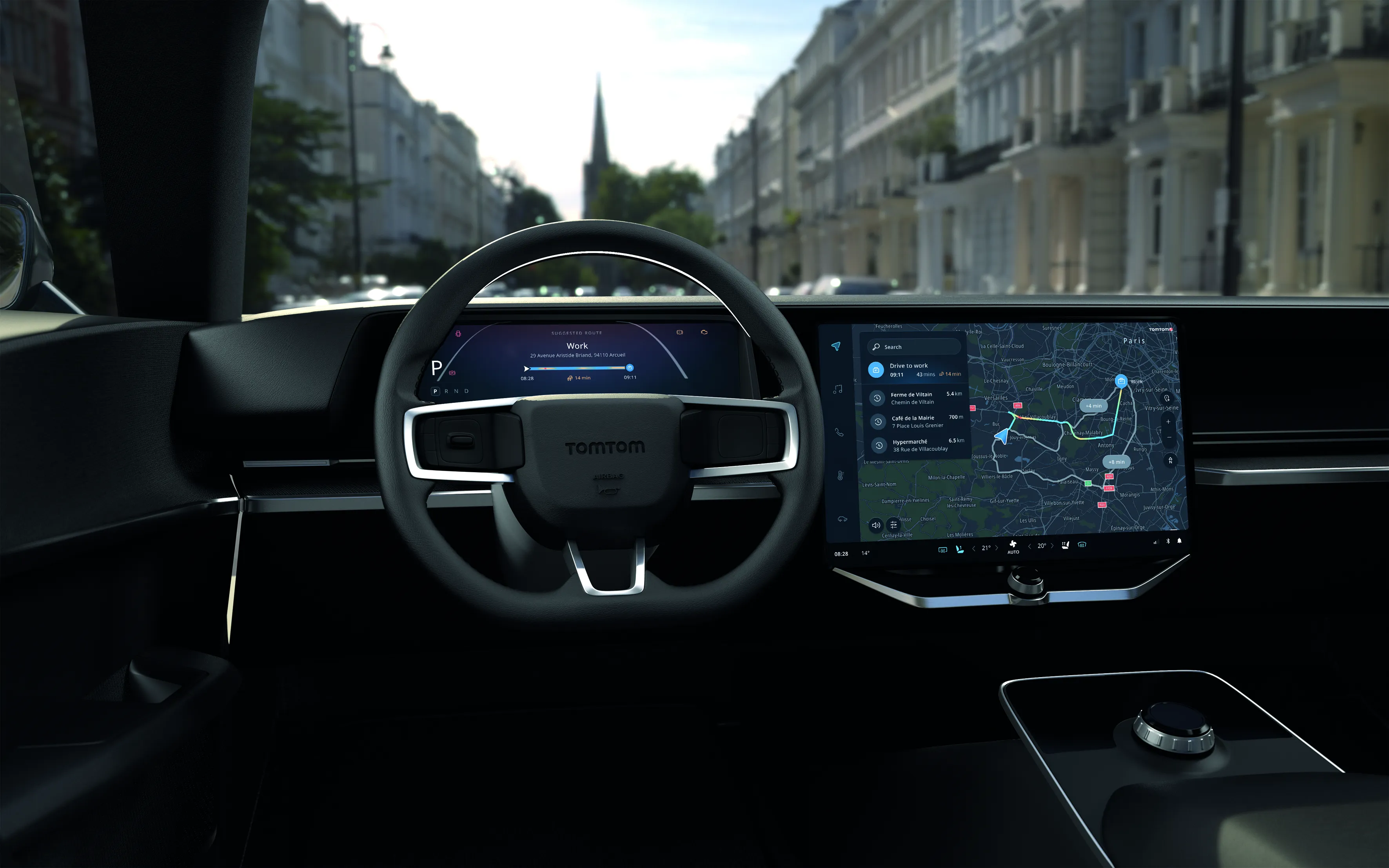The European research project AdaptIVe (Automated Driving Applications & Technologies for Intelligent Vehicles), a consortium of 29 partners, began work on 1 February. It aims to achieve breakthrough advances that will lead to more efficient and safe automated driving.
The consortium, led by Volkswagen, consists of ten major automotive manufacturers, suppliers, research institutes and universities and small and medium-sized businesses. The project has a budget of US$33.7 million and is funded by the Eu
February 5, 2014
Read time: 2 mins
The European research project AdaptIVe (Automated Driving Applications & Technologies for Intelligent Vehicles), a consortium of 29 partners, began work on 1 February. It aims to achieve breakthrough advances that will lead to more efficient and safe automated driving.
The consortium, led by994 Volkswagen, consists of ten major automotive manufacturers, suppliers, research institutes and universities and small and medium-sized businesses. The project has a budget of US$33.7 million and is funded by the 1690 European Commission.
Automated vehicles will contribute towards enhanced traffic safety by assisting drivers and minimising human errors. They are also expected to make traffic flow more efficiently, ensuring optimal driving conditions with minimal speed variations in the traffic flow.
“This complex field of research will not only utilise onboard sensors, but also cooperative elements such as vehicle-to-vehicle and vehicle-to-infrastructure communication. Therefore, I am glad that most European automotive companies are cooperating in this pre-competitive field to create new solutions for automated driving,” says Professor Jürgen Leohold, executive director of Volkswagen Group Research.
During the projects 42 months’ duration, the partners will develop and test new functionalities for cars and trucks, offering both partially automated and highly automated driving on motorways, in urban scenarios, and for close-distance manoeuvres.
The project will focus on achieving ideal cooperative interaction between the driver and the automated system by using advanced sensors, cooperative vehicle technologies and adaptive strategies in which the level of automation is dynamically adapted to the situation and driver status.
Seven cars and one truck will demonstrate various combinations of automated functions. In addition to addressing technology development aspects, the project will also explore legal implications for manufacturers and drivers - in particular regarding product liability and road traffic laws.
The consortium, led by
Automated vehicles will contribute towards enhanced traffic safety by assisting drivers and minimising human errors. They are also expected to make traffic flow more efficiently, ensuring optimal driving conditions with minimal speed variations in the traffic flow.
“This complex field of research will not only utilise onboard sensors, but also cooperative elements such as vehicle-to-vehicle and vehicle-to-infrastructure communication. Therefore, I am glad that most European automotive companies are cooperating in this pre-competitive field to create new solutions for automated driving,” says Professor Jürgen Leohold, executive director of Volkswagen Group Research.
During the projects 42 months’ duration, the partners will develop and test new functionalities for cars and trucks, offering both partially automated and highly automated driving on motorways, in urban scenarios, and for close-distance manoeuvres.
The project will focus on achieving ideal cooperative interaction between the driver and the automated system by using advanced sensors, cooperative vehicle technologies and adaptive strategies in which the level of automation is dynamically adapted to the situation and driver status.
Seven cars and one truck will demonstrate various combinations of automated functions. In addition to addressing technology development aspects, the project will also explore legal implications for manufacturers and drivers - in particular regarding product liability and road traffic laws.









